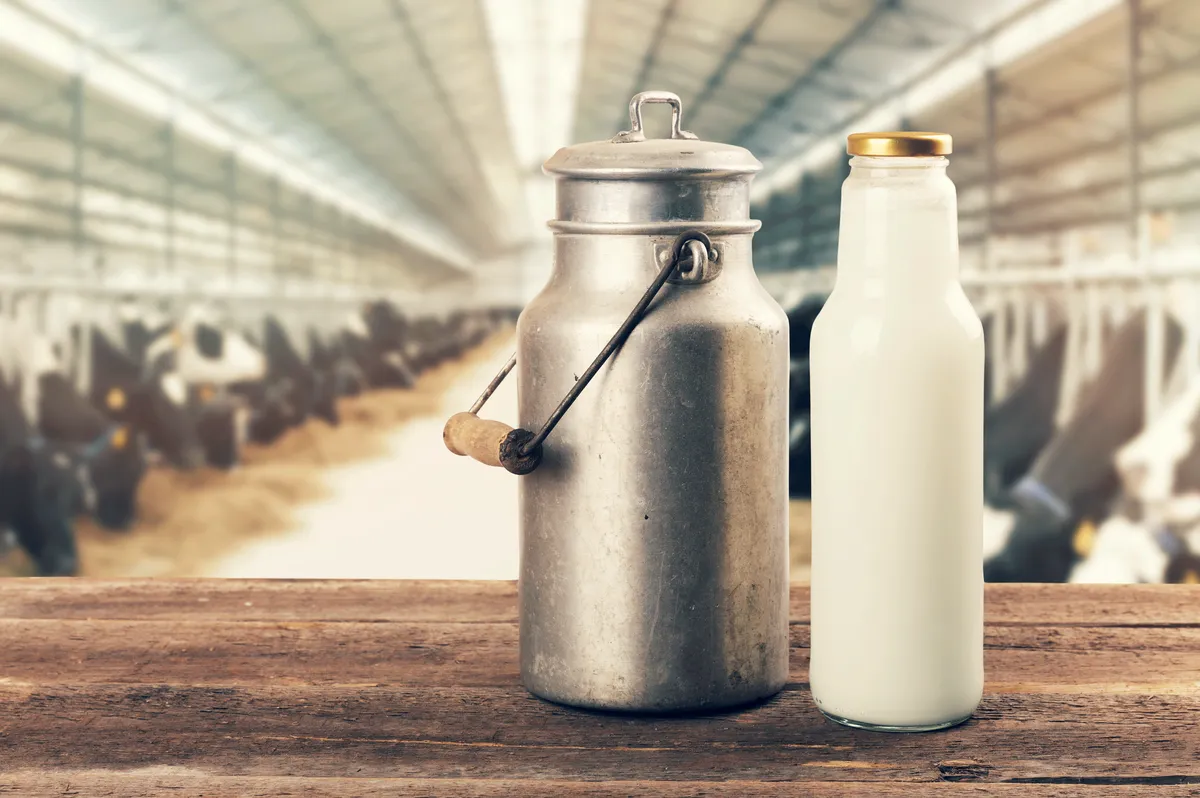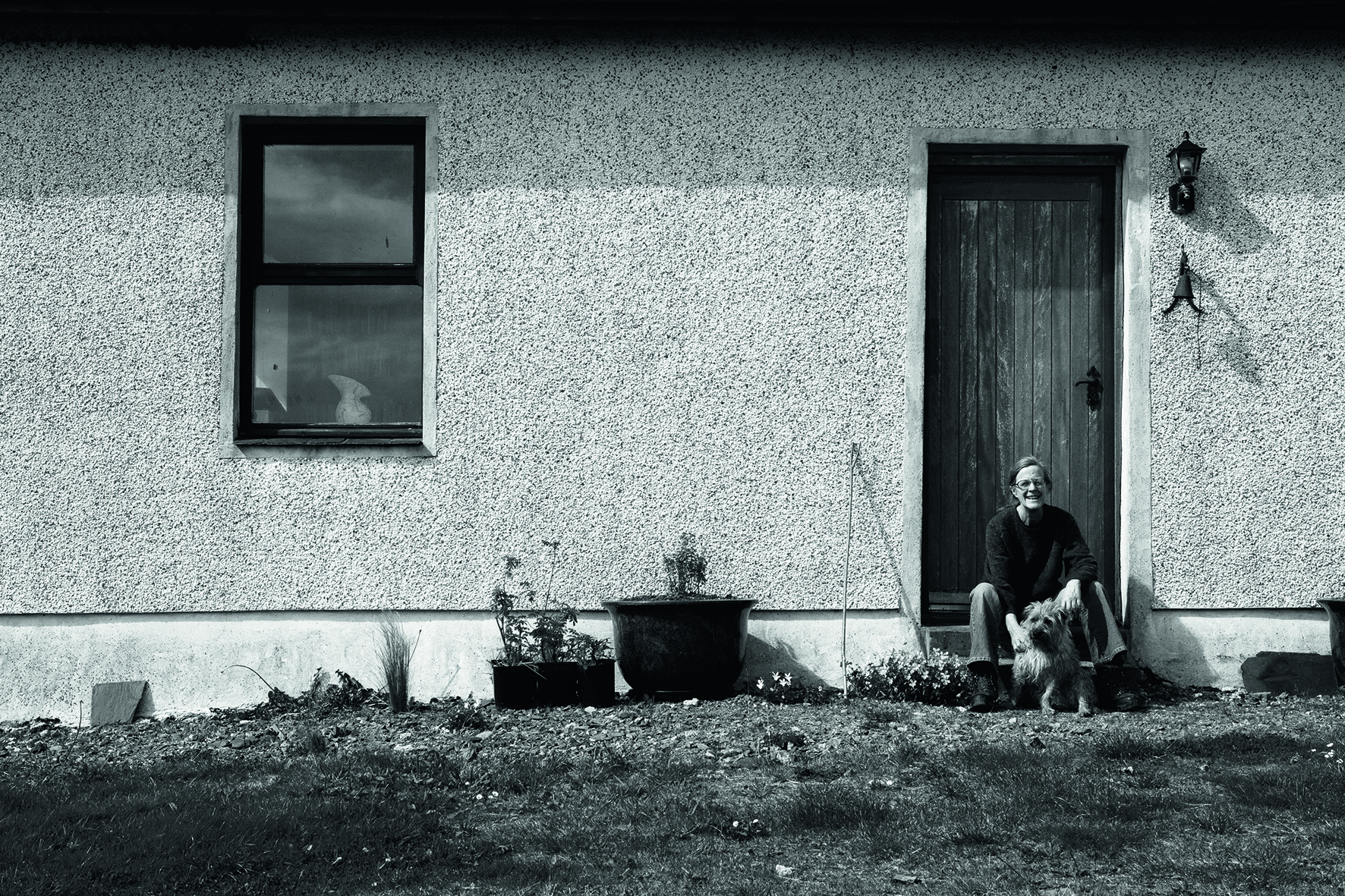One of the difficulties for countryside management and agriculture is what could be called ‘unintended consequences’: a failure (or the impossibility) of predicting what might happen if you do X. If you deer-fence forestry you imperil threatened capercaillie and black grouse, for example. You destroy the ancient woodland of the Forest of Dean to grow oaks to build ships and when you complete replanting (mid-19th century) the Royal Navy commissions its last wooden ship.
A sad thing happens every year on almost all UK dairy farms: the male calves are shot dead at birth. This is horrible to think about, and, in my experience, is even more horrible for the farmers who have to do it. It is the unintended consequence of what was supposed to be ‘humane’ animal protection.

In the UK, there is no real market for veal. However, in mainland Europe there was a market, and the normal practice was to export male dairy calves. However, many of these calves were reared specifically to prevent them developing any muscle: this meant feeding them only on milk and keeping them in highly restrictive ‘boxes’. The whole business of transport and rearing was deemed cruel and the export trade closed down by law. The price of each calf fell from over £150 to less than £50 now. At about the same time, it became illegal to move cows off your farm before they were 10 days old. But it costs more than £50 to register and tag a calf as required and feed it for 10 days. It further transpires that keeping all the male calves increases the mortality rate of female calves, which are needed to replenish your dairy stock. A decently bred dairy cow will never turn into beef, so you cannot separate the bull calves and fatten them up.
Highly selective breeding is part of the problem (most UK dairy cows are artificially inseminated and a farmer buys the sperm for this very specifically – even including the spacing of the teats), but of course, it all keeps down the cost of dairy produce. (There is hope that techniques for separating male from female sperm will solve the problem, but at present the process damages and therefore reduces the fertility of the sperm.)

I think it is incumbent on those of us who are not farmers to try to understand how we are complicit in all this. A UK household pays markedly less for its food than the EU average (it pays more for some things, such as housing and alcohol). This pressure has meant that the average price of food has risen by only 2.51% since 1990; given that the national inflation rate is around 2% per year this is extraordinary. We demand, simultaneously, highly ethical husbandry from our farmers and ridiculously low prices for their produce. Is this fair?
Despite its recent growth, barely 2% of the population has embraced dairy-free vegan lifestyles. Less than a quarter of mothers are exclusively breastfeeding their babies at six weeks, but the NHS recommends milk only for baby’s first six months. We consume 14 billion litres of milk a year in the UK, some of which goes to make cheese and other products, which we need and expect to get cheaply.
Although some farmers are ‘doing very nicely, thank you’ (and moreover reporting high job satisfaction) the truth is they are not hauling it in! They’re shooting newborn calves because they have not much choice.
